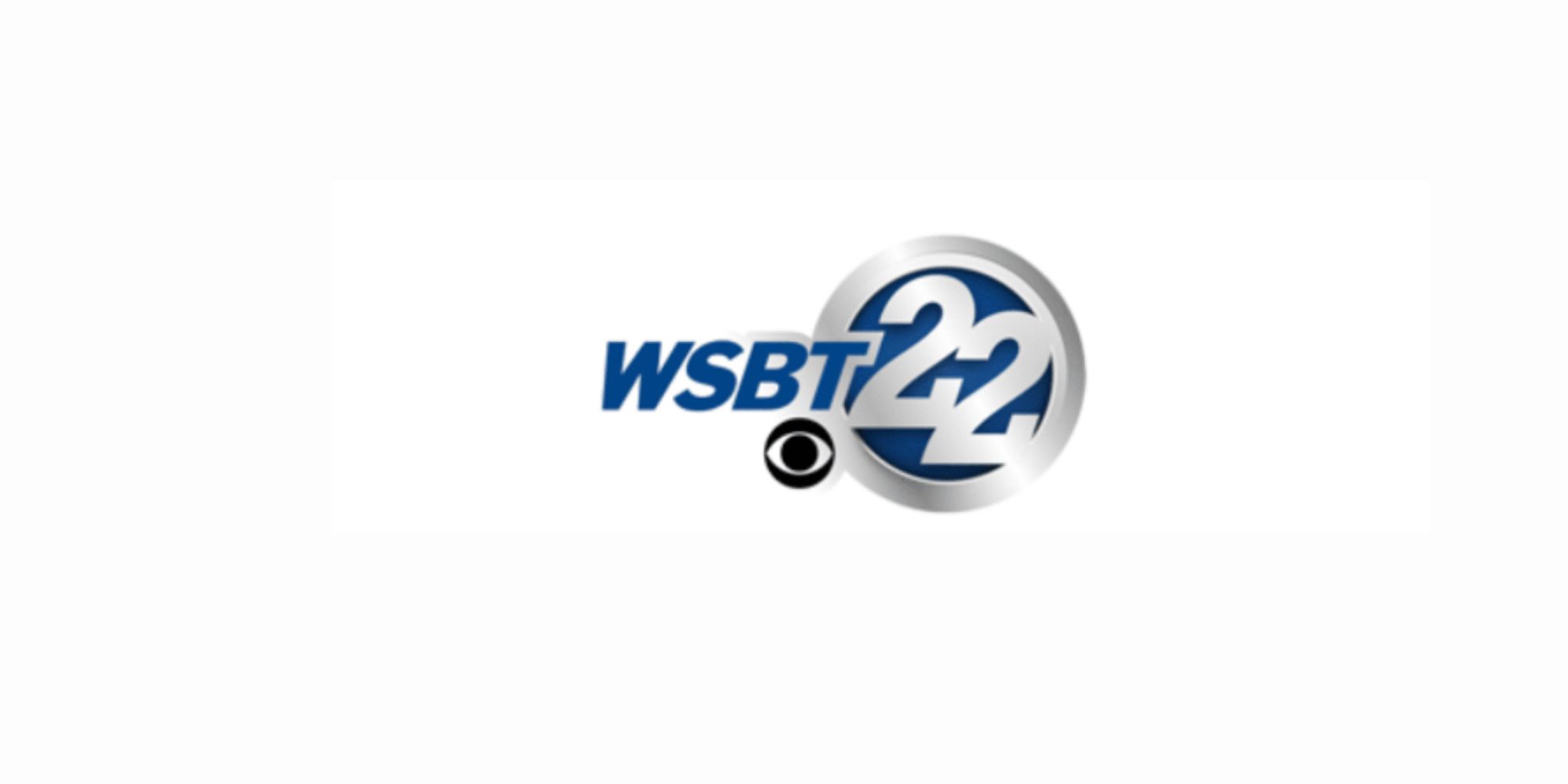by Paige Barnes
August 31, 2022
See Full Story
Mishawaka, Ind. — Free WiFi hotspots are coming home with eligible School City of Mishawaka students.
Over 42-hundred South Bend school students are already using the technology.
These devices will give students the same capabilities for e-learning as they do at school. The LTE hotspots will have up to 5 years of free service. Students and their families can use the hotspots to hop online.
Its main intent is for educational purposes.
But it has a broader impact for parents, like being able to work from home or pay online bills.
If the pandemic taught us anything it's that strong internet connection is vital.
That's why eligible School City of Mishawaka students are connecting to WiFi hotspots.
Student will be given read-to-go devices.
The program called "Citywide Classroom" was developed by fellowship non-profit, enFocus.
"We work together with the schools to distribute the hotspots, the students come down and pick up those devices. And then they can take it home and follow the sign on instructions to get connected,” said Gillian Shaw, Director of Projects, enFocus.
Shaw says enFocus has already piloted this program with South Bend schools.
The district identified 15 to 30% of households that have trouble with reliable internet connections.
For Mishawaka schools, the devices will help roughly 200 families.
"The students that were selected were also done in a manner that we could actually have a broader impact than those 200 students, they might have siblings at home. So, I think we had 700 Some students that were impacted with the 200 hotspots,” said Matt Modlin, School City of Mishawaka Director of Technology.
The devices are free to families for up to 5 years. Data is unlimited their first year but is then limited to 100 gigabytes per year afterward.
Shaw says when students were e-learning during the pandemic, 100 gigabytes could've been eaten up in a matter of days.
"As we move towards more in person learning, 100 gigabytes of data should be plenty to be able to complete schoolwork outside of school for various assignments,” said Shaw.
These assignments include occasionally streaming lessons on YouTube or completing homework on Canvas.
Modlin says the hotspots move instruction beyond the four walls of the classroom.
"The digital divide has been an issue for quite some time before the pandemic before we really were doing e-learning we wanted students to be able to have access to that information,” said Modlin.
"Citywide Classroom" is funded through a state learning grant.
enFocus' director of project says the longevity depends on outside funding.
